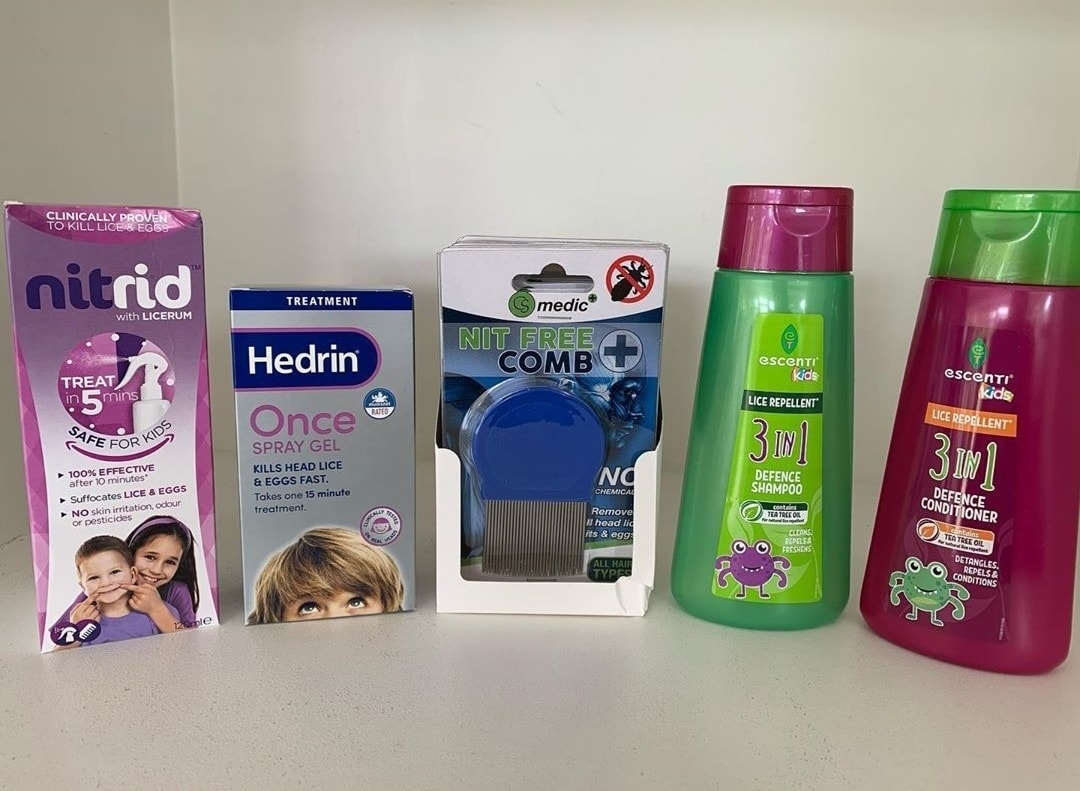Can you come into the salon if you have headlice?
This isn’t a question that gets asked enough in my opinion. Getting headlice is inevitable for primary school age kids, but what does that mean for their hair appointments?
What are headlice?
Headlice, also known as nits, are tiny insects that can attach to your hair. They spread by head-to- head contact, hence why primary school age children are more likely to get them by sitting on the carpet or always cuddling each other. Headlice are human parasites that live on the scalp and hair and feed on our blood. They cause itching and discomfort and are contagious from one person to another. They are primarily spread through human contact, so it is important to search for them regularly and remove all the lice and their eggs as early as possible. Head lice cannot hop, jump or fly but they can crawl quickly. The goal is to comb out the lice when there are fewer of them and before the task becomes unnecessarily challenging.
So how can you treat them?
There are many treatments on the market for getting rid of the little parasites. In the salon we sell a few brands of headlice treatments:
1. Nit rid (treat in 5mins)
2. Hedrin (once spray gel)
3. Nit free comb
4. 3 in 1 defence free shampoo
5. 3 in 1 defence conditioner.
Can you have your hair done if you have headlice?
No, unfortunately due to how contagious and easily spreadable they are, it is not possible to continue the service if we see headlice present. We do like our clients to be honest with us and tell us if there are headlice. We wont judge you. But as soon as our equipment have come into contact with headlice, we have to heavily sanitise. Not only our combs and scissors but our whole trolley full of our other brushes and tools, the chairs, mirrors and floor in the area that the headlice were found in. We also throw away any towels or gowns that are used in the service as we don’t
want to cross contaminate to any other clients. In a serious case where they can be swamped in the hair, the stylist involved will also have to change their clothes and change before doing another clients.

If you have any questions about headlice, contact you local GP or chemist and they can help you if
you are struggling to get rid of them.

